Covid-19: UK 'confident' of having 800,000 vaccine doses by next week
- Published
- comments
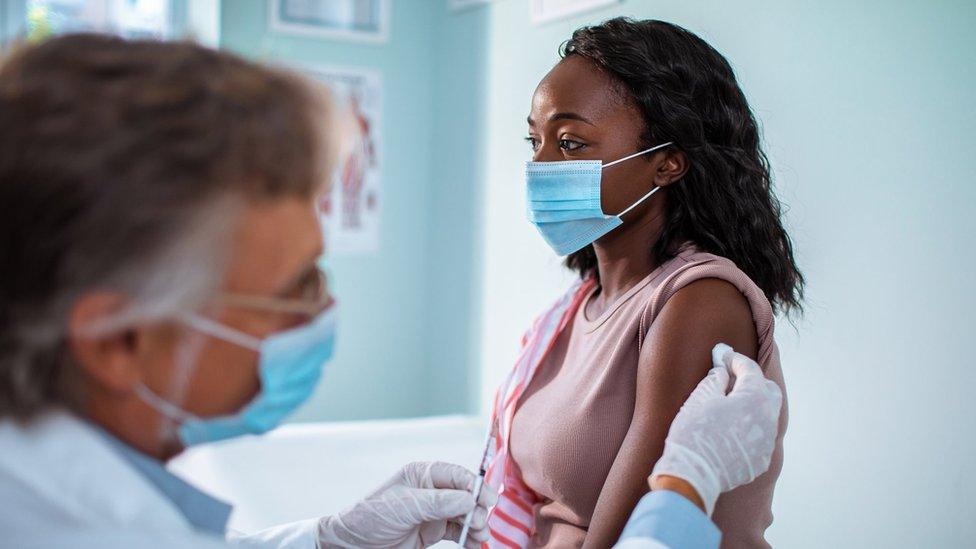
The government is "absolutely confident" the UK will have 800,000 coronavirus vaccine doses by next week, when the vaccination programme starts, the business secretary has said.
Alok Sharma said some of the Pfizer/BioNTech doses had arrived, with more expected by the end of the year.
He was unable to say how many that will be.
NHS Providers said the UK must work on the basis that more doses beyond this might not arrive "for some time".
Chief executive Chris Hopson tweeted, external that it was "vital" hospitals sought to vaccinate as many people as possible in the highest priority groups.
He added that with "every day that goes past, we become more confident we will get a lot more [doses] and get them soon".
It comes as official data showed infection levels were falling in all English regions, except the North East.
The government said the R number - the average number of people each person with Covid-19 goes on to infect - has fallen to between 0.8 and 1 in the UK, from between 0.9 and 1 last week.
It also reported that a further 504 people had died within 28 days of a positive Covid-19 test, bringing the total number of deaths in the UK to 60,617.
The first consignment of the Pfizer/BioNTech coronavirus vaccine arrived in the UK on Thursday, though the number of doses has not been confirmed.
Asked about whether the 800,000 doses the UK is expecting in the coming days will arrive by next week, Mr Sharma told BBC Radio 4's Today programme: "We will have - I'm absolutely confident - that we will have 800,000 doses available at the point next week when we start the vaccination programme.
"Of course, by the end of this year we will expect some more doses to come through - I can't give you a number on that."
The UK has ordered 40 million doses of the Pfizer/BioNTech vaccine - enough to vaccinate 20 million people.
Elderly people in care homes and care home staff have been placed top of the priority list - which is recommended by the Joint Committee on Vaccination and Immunisation (JCVI) - followed by the over-80s and front-line health and care staff.
Mr Sharma reiterated that the bulk of the vaccination programme would be carried out next year, adding that the Medicines and Healthcare products Regulatory Agency (MHRA) was also reviewing the Oxford/AstraZeneca vaccine.
Ros Atkins from BBC's Outside Source asks if people will have to be vaccinated against Covid-19
The chief commercial officer for BioNTech, Sean Marett, said there would be more shipments of the Pfizer/BioNTech vaccine, which is made in Belgium, next week.
He said the first batch arrived on Thursday via the Eurotunnel and they were then transported to a storage facility.
Mr Hopson said the vaccines will by now have reached the hospital hubs to enable vaccinations to begin on Tuesday.
Hospitals were working out how many care home residents, care home staff and over-80s they can get it to, he said.
He told BBC Radio 4's The World at One that the vaccine will be delivered to care homes within "the next 10 to 14 days, but we're going as fast as we can".
Prof Anthony Harnden, deputy chair of the JCVI, told The World at One that he understood the elderly in care homes "might not end up being the first priority group for operational reasons" and the committee would "closely monitor this".
He stressed that the JCVI still expected care home residents "to be prioritised".

This week, Dr Anthony Fauci, the top US infectious disease expert, apologised for remarks that seemed to criticise the UK's vaccine approval process.
Mr Sharma defended the UK's approach to approving the vaccine, saying the MHRA was "absolutely meticulous" and was regarded as a "gold standard of regulation" by international scientists.
He told Sky News: "People should be really confident that this vaccine is safe. If it wasn't safe it wouldn't be deployed and I certainly have full confidence in the work the MHRA have done."
Downing Street also defended the UK's medicines regulator, with the prime minister's official spokesman describing the MHRA as a "world leader in its field".
World Health Organization chief Tedros Adhanom Ghebreyesus said the development of vaccines means "we can now start to see the light at the end of the tunnel" - but added that the organisation was "concerned that there is a growing perception that the Covid-19 pandemic is over".
The UK became the first country in the world to approve the Pfizer vaccine on Wednesday. Trial results suggest it offers up to 95% protection against Covid-19.
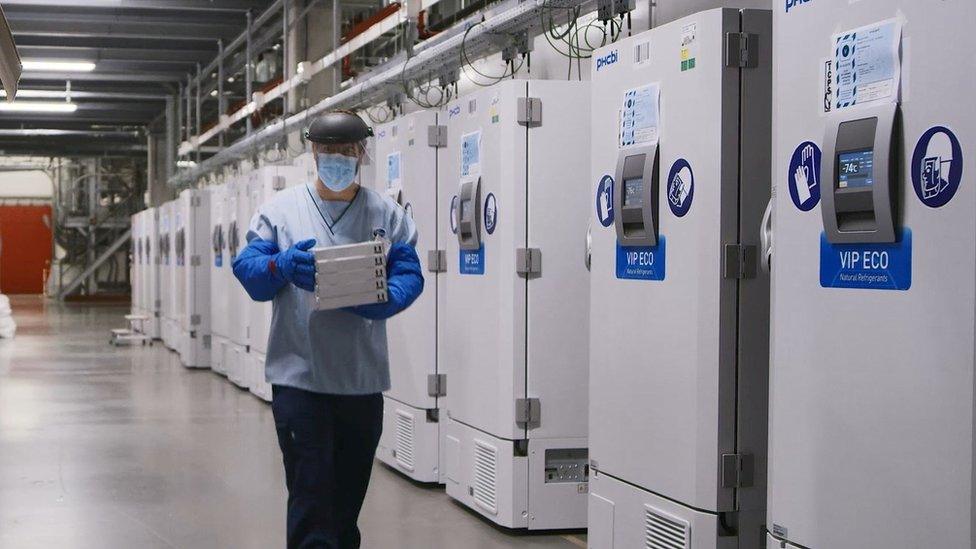
The vaccine is made in Belgium and has to be stored at around -70C
Northern Ireland has received its first doses of the vaccine. and vaccinations are due to begin on Tuesday morning.
Wales' First Minister Mark Drakeford said the country expected to receive its first supplies in the coming days and was planning to begin vaccinating people from Tuesday.
He told a coronavirus briefing: "We hope, of course, this marks a turning point in the pandemic and that it'll put us on to what is going to be a long path back to normality."
But he cautioned that for now the situation in Wales "remains very serious" ahead of new national restrictions coming into force later to try to curb the spread of the disease.

SOCIAL DISTANCING: What are the rules now?
FACE MASKS: When do I need to wear one?
TESTING: What tests are available?
LOOK-UP TOOL: How many cases in your area?

Meanwhile, scientists have expressed concern about how well rapid lateral flow tests - which provide results in about 20 minutes without the need for a lab - perform in practice.
Dr Angela Raffle, a consultant in public health and honorary senior lecturer at the University of Bristol, told BBC Radio 4's Today programme the results on how these tests had performed during Liverpool's mass-testing scheme had been "buried".
This follows an article in the BMJ medical journal, external which also raised concerns about the effect of rapid testing in the city and the sensitivity of lateral flow tests.
Dr Raffle said: "The infection rate in Liverpool has come down no quicker than in many other places that haven't got mass testing and we haven't yet seen a proper evaluation report from Liverpool."
There has also been concern in some parts of the care home sector over the use of the tests, with homes in Greater Manchester reportedly urged not to use them to allow visits, external.
- Published3 December 2020
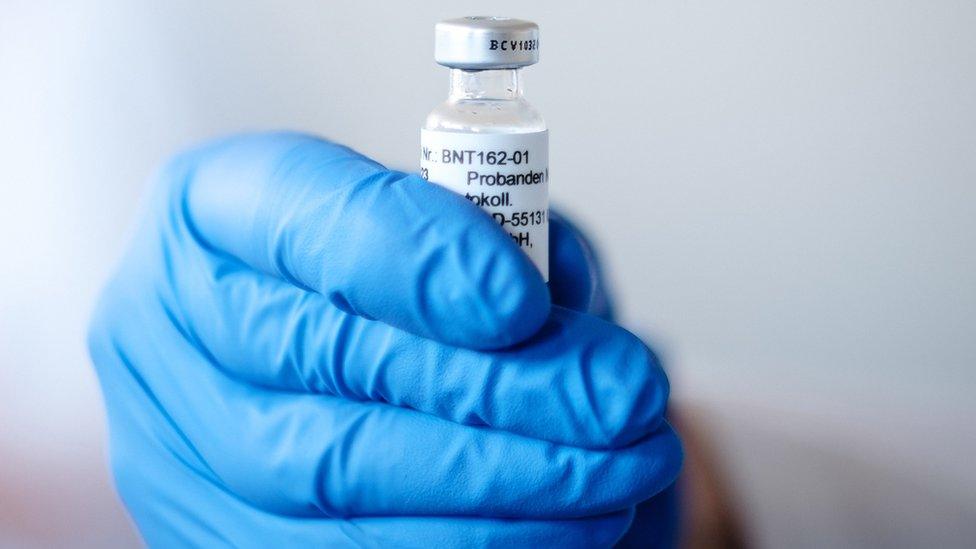
- Published3 December 2020
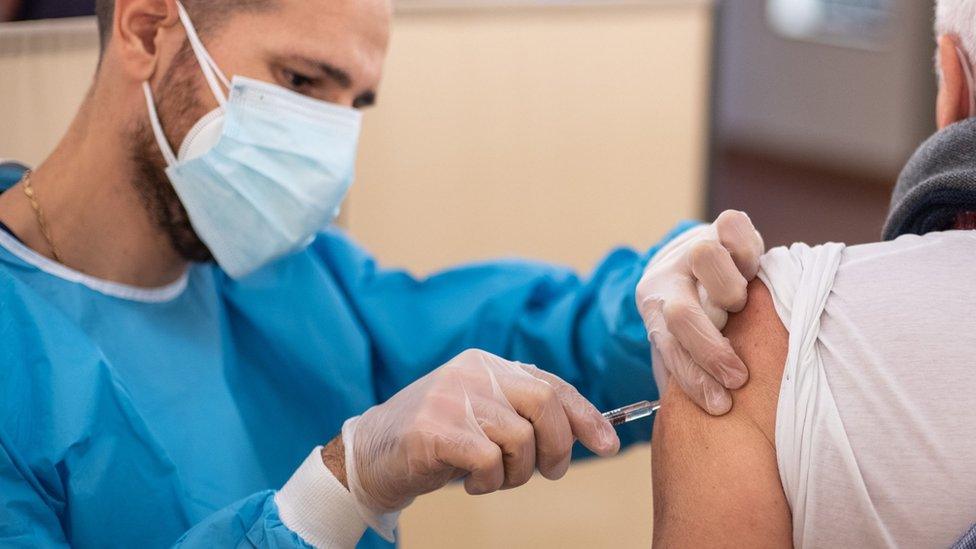
- Published2 December 2020
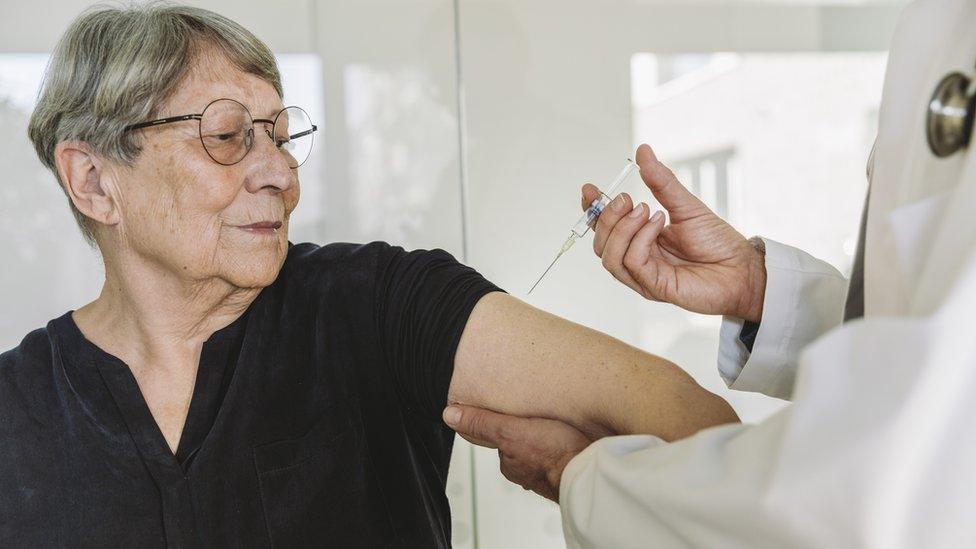
- Published2 April

- Published15 February 2022
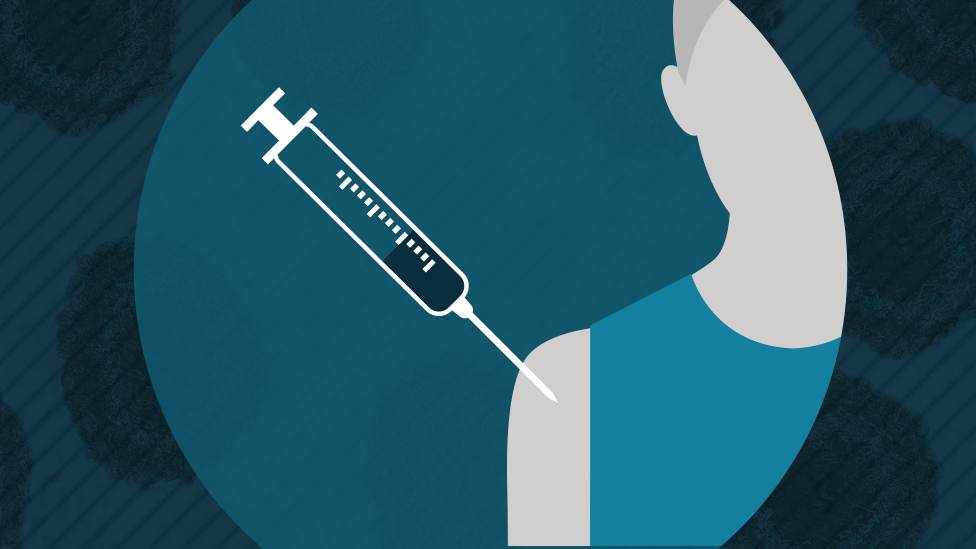
- Published5 December 2020

- Published4 December 2020
